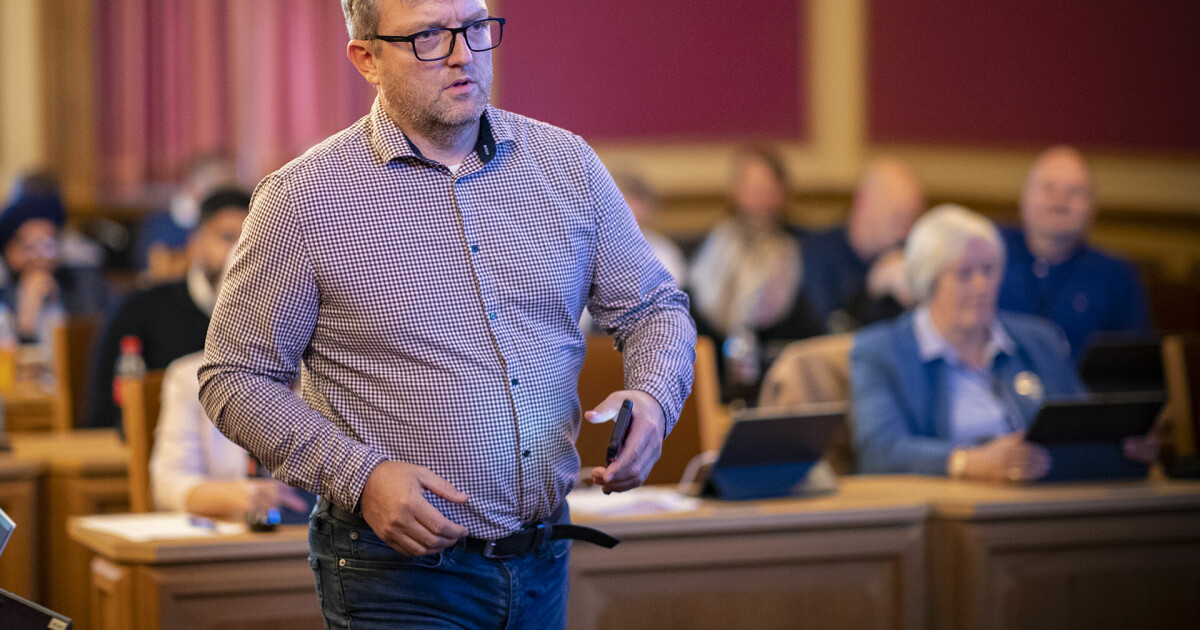debate: Was everything much better at school before?
Do you react to students who point fingers at the teacher or call them “fuck”? So you are not alone. This is not something that most teachers particularly appreciate. But could the increasing harassment against teachers also be due to things other than the fact that pupils are getting worse?
Is there also something good about what we see in school today?
I think so.
He must earn respect
To understand why children today listen less to us adults, we must analyze the power that we adults have over children and young people. For too long, this power – and this respect – has been taken for granted. This is no longer the case.
Today, you have to earn the respect that you, as an adult, believe you need to lead. Power and respect do not come by themselves. Just look at Norway during the Corona epidemic. Politicians came up with orders and rules, but as a democracy, dissent and civil disobedience were relatively high.
Teachers who are harassed by students cannot go to their principals and ask them to sort things out. The teacher must realize that students do not always accept the power you have over them. Then they will rebel. They will say and do things that will reduce the power difference between you.
Therefore, you should not enter the classroom until you know that you can handle what may come. This is the only way to ensure the safety of students.
If the teacher is unsure, how can the students feel safe?
Clarify what is expected
The discussion about whether teachers can physically restrain students is interesting. Many teachers want to be able to do this, while the Children's Ombudsman and Student Organization are of great importance. They prefer to focus on relationships and well-being. I completely agree with that. But sometimes, as a teacher, you have to make clear what is expected, without making the person making a mistake invisible.
Not stopping students who are doing things that put them in a bad situation is actually neglect. A child who feels seen and cared for will appreciate being stopped. Because he or she knows that you, as a teacher, want him or her in the classroom just like everyone else.
A sign of democracy
When teachers do not have a critical view of their own power, they may see all opposition as a deficiency in the child. But sometimes the fault is actually the school's fault, that is, those with the most power. Then “negative behavior” such as cursing, refusing hugs, not wanting to hold hands with fellow students or speaking out against the teacher, can be a sign that there is room for democracy. The child dares to rebel.
Previously, there was no doubt about whether a student wanted it, but today the student is also an actor (Nordahl, 2002). In such a perspective, the school has the opportunity to look at itself with a critical eye: is the school always adapting to everyone and are all its rules always well-founded?
Perhaps we have a more democratic society today. If so, this will also be reflected in the school.
Raising thoughtful, wise children requires more than just book learning. Perhaps a low temperature in the classroom is also a sign of the ability to think critically and democratic citizenship?

“Explorer. Unapologetic entrepreneur. Alcohol fanatic. Certified writer. Wannabe tv evangelist. Twitter fanatic. Student. Web scholar. Travel buff.”




